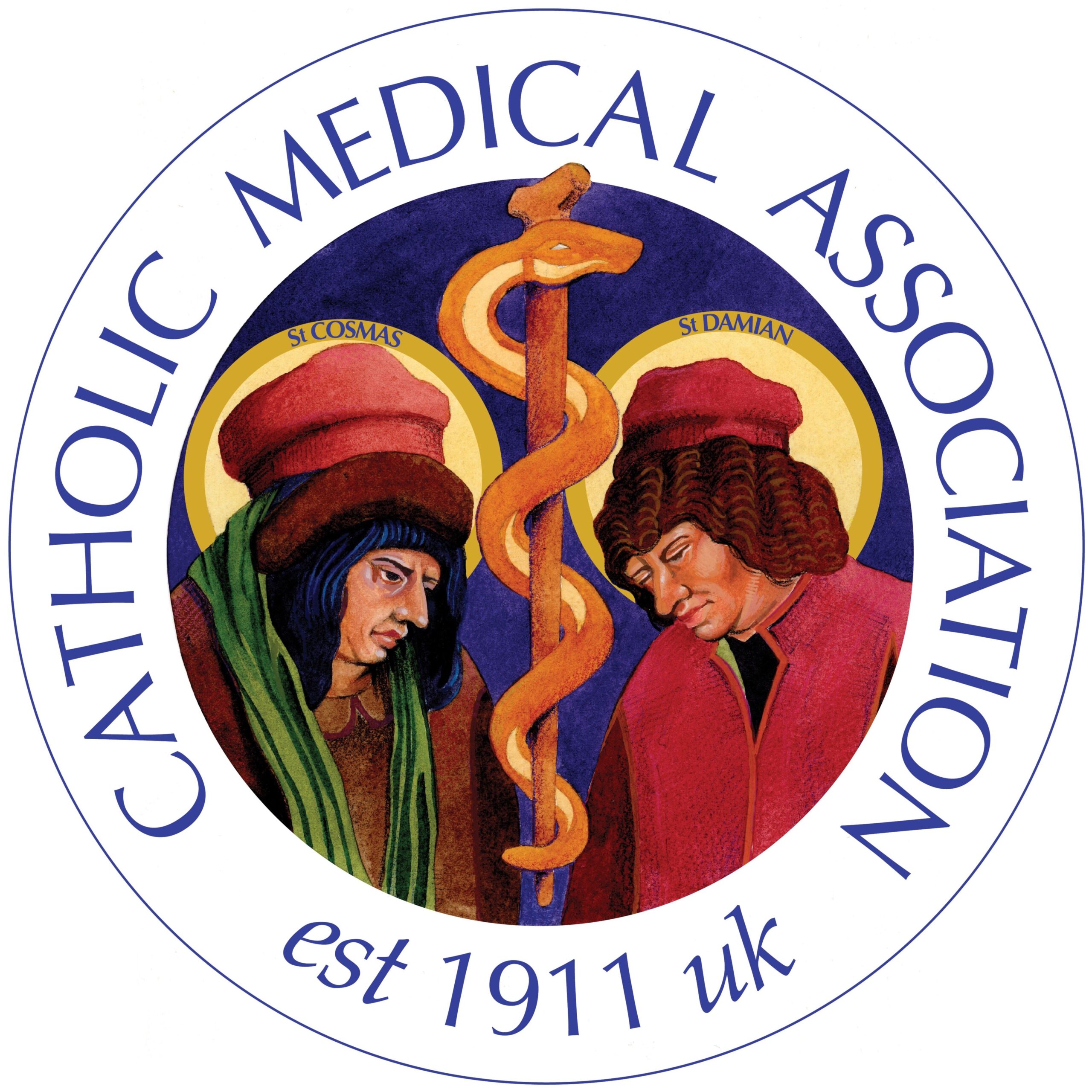St Peregrine (1260-1345)
Feast day: 1st May
Patron Saint of Cancer Patients
St Peregrine was born in Forlì, Italy, in 1260, to an affluent and wealthy family. As a young man he was politically opposed to the papacy, however, after experiencing the forgiveness of St. Philip Benizi, he changed his life and joined the Servite order. After being ordained as a priest he returned to his home town to establish a Servite community. He was widely known for his preaching, penances, and counsel in the confessional. When he was 60 years old, he suffered from varicose veins resulting in a cancerous ulcer on his leg. Hence, he was supposed to receive an amputation. After a night of intense prayer, he had a vision of Christ on the cross reaching out His hand to touch his impaired limb and heal his disease. Christ had indeed healed him and he carried on living until 80 years old when he died from fever.
This witness reminds us how important it is to pray and to lean on God’s everlasting arms. An oncological illness is a tough test but it can also be an opportunity to be closer to God since experiencing intense physical pain can lead us to beseech His support daily in order to bear it. However imperceptible God’s plan for our lives may be, we should never lose hope, because He promised to be with us everyday of our lives.
St Peregrine, Pray for us!
St Peregrine presents us with a real challenge as we advise and support our patients. While there are remarkable and well evidenced stories of miraculous cures occurring as a result of prayer and Divine intervention, such cures are not common. The vast majority of cures and benefits are, of course, delivered via standard medical treatments and procedures. Notwithstanding that, prayer does help a vast number of people, in very many ways , as they suffer a cancer type illness. Indeed spiritual care, support and prayer are often absolutely essential components of a journey through a cancer type illness.
But we should always think very carefully and worry if and when patients appear to decide that prayer will lead to a cure and that they do not have to have the surgery, radiotherapy or chemotherapy recommended. Sometimes, in such circumstances, the patient may well be right. If such burdensome treatments have little chance of real and sustained benefit, then avoiding them may be a good thing. At other times, avoiding the recommended medical treatments may turn out to be lethal. It may well be that, most often, St Peregrine will accompany the sick along their journey of “chemo” and not in fact, provide the sort of cure that he himself so wonderfully received.
– written by a colleague working in an oncological hospital

